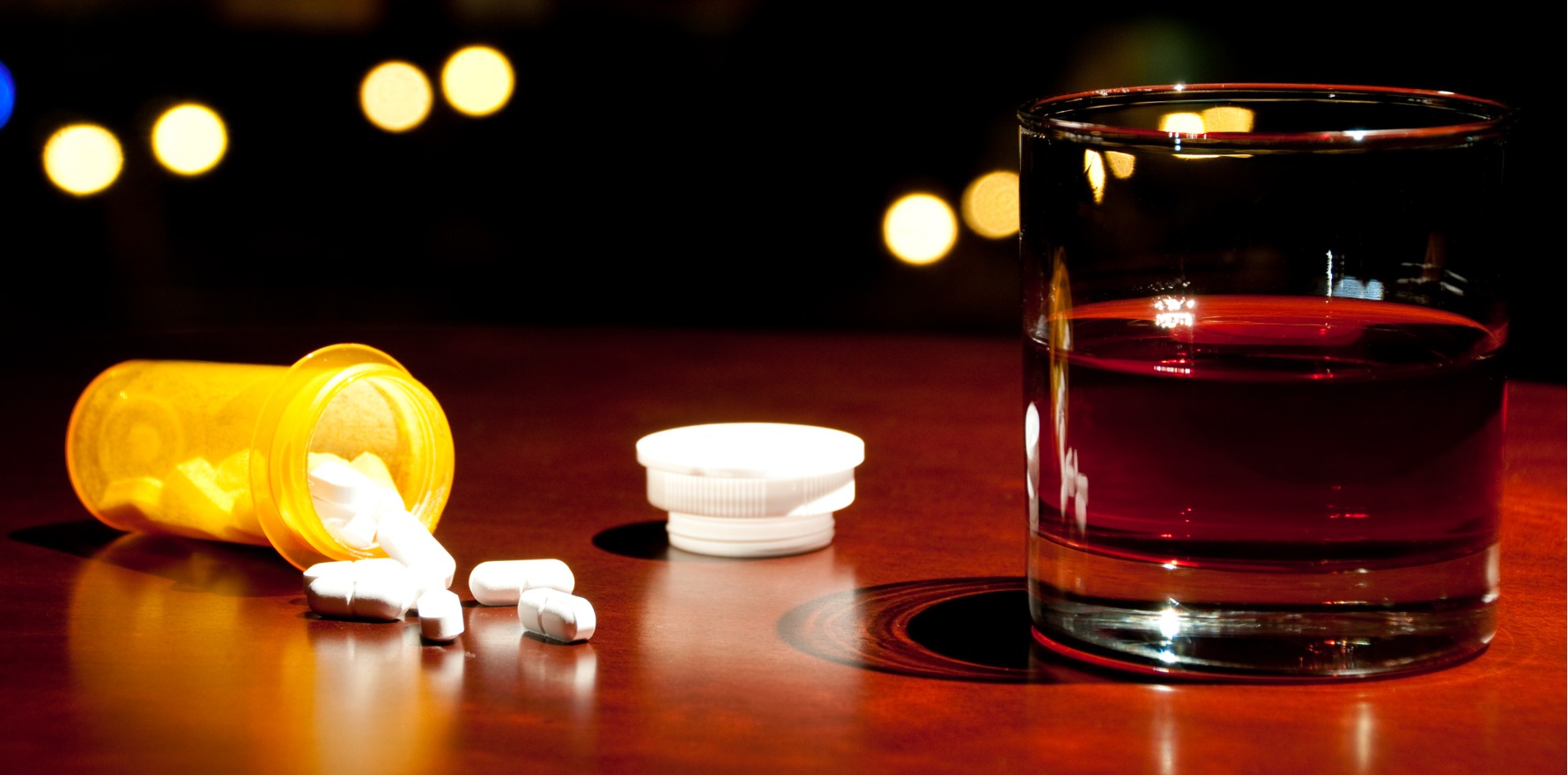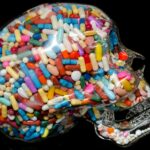This commonly prescribed antidepressant may cause or exacerbate the desire to drink.
Substance use and mental health disorders often co-occur, but could a common treatment for one have unintended effects for the other?
The answer is yes, according to a recent case study in the CMAJ of a 52-year-old woman who developed severe alcohol use disorder after taking escitalopram for depression and anxiety.
The woman felt her normal drinking habits – about half a bottle of wine per day – did not cause meaningful problems and was part of her job, where socialising with alcohol was common.
She experienced increasing issues with depression and anxiety due to forced social isolation during the covid pandemic and was prescribed escitalopram. Her dose increased from 5mg/day to 20mg/day over a six-month period, without improvements in mood.
The SSRI treatment coincided with increased cravings and desire to drink, escalating to the point where she consumed two bottles of wine (plus additional spirits) per day and starting drinking in the morning. The authors were unsure why the woman’s alcohol use worsened after being prescribed an SSRI.
Associate Professor Nicholas Lintzeris, addiction medicine specialist from the University of Sydney, told The Medical Republic alcohol use is a red flag in any patient presenting with anxiety or depression.
“Initiating antidepressants can be associated with adverse mental health outcomes. For example, many patients who are frozen, or unable to act on their suicidal thoughts, and start antidepressants [eventually] become ‘well enough’ to attempt suicide,” he explained.
“If you’re thinking about reaching for a script, alcohol [use] should be considered as a precaution – rather than a contraindication – for initiating treatment.”
The woman voluntarily presented to a withdrawal facility, commenced a three-week escitalopram taper and was prescribed naloxone. She stopped taking naloxone after finishing the escitalopram taper, reporting her alcohol cravings had ceased. She has abstained from alcohol and had not experienced depressive symptoms for six months.
Professor Lintzeris recommended GPs regularly assess the quantity and frequency of alcohol consumption (rather than use formal tools such as AUDIT) and take a stepwise approach to treating patients with comorbid mental health and substance use disorders.
“[You want to] treat the alcohol use [first] to try to get the patient to cut back or stop drinking, and then see what happens to the anxiety and depression. If it’s still there, then start treating with antidepressants,” he said.
“If you start antidepressants [at the same time as stopping drinking] and the patient gets better, you don’t know whether it’s because of the antidepressants or because they stopped drinking.”
Many factors contribute to deciding what medications are prescribed to patients with concomitant alcohol use disorder and depression.
“Sometimes you choose the antidepressant based on the side effect profile, [but] often it will be a case of what the patient has used and tolerated before. You also have to consider what you as the doctor are most experienced in using,” Professor Lintzeris told TMR.
“Some people use alcohol to self-medicate their anxiety and depression, [while] other people may have other reasons contributing to their alcohol use that also causes anxiety or depression.
“If your partner dies and you’re feeling down, does that mean you have a neurotransmitter disturbance and need an SSRI? Or is that part of a normal grieving process?
“Your understanding of the difference between depressive symptoms and a clinical diagnosis of depression [also needs to be taken into account].”




